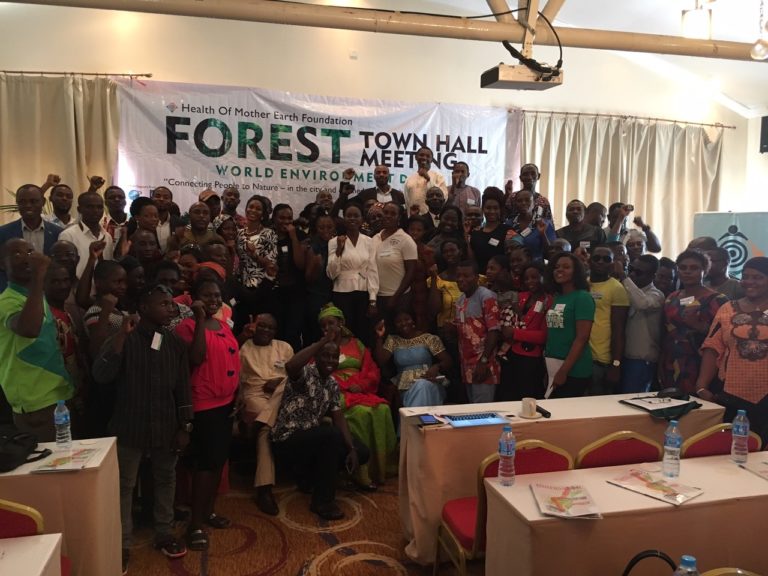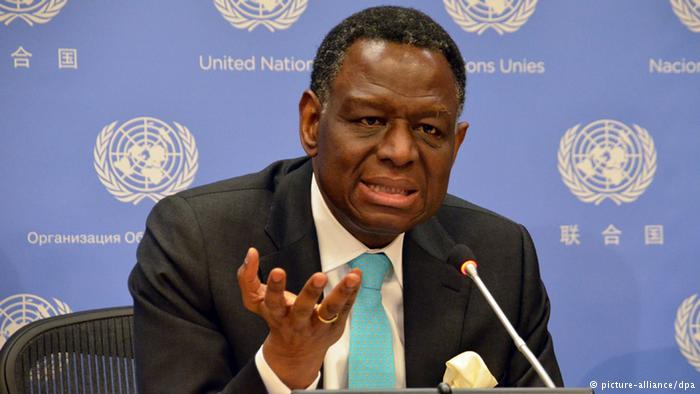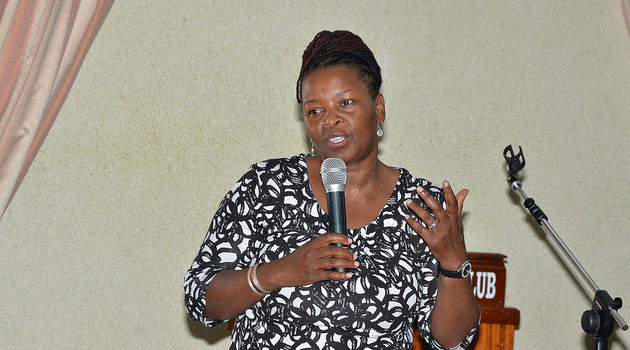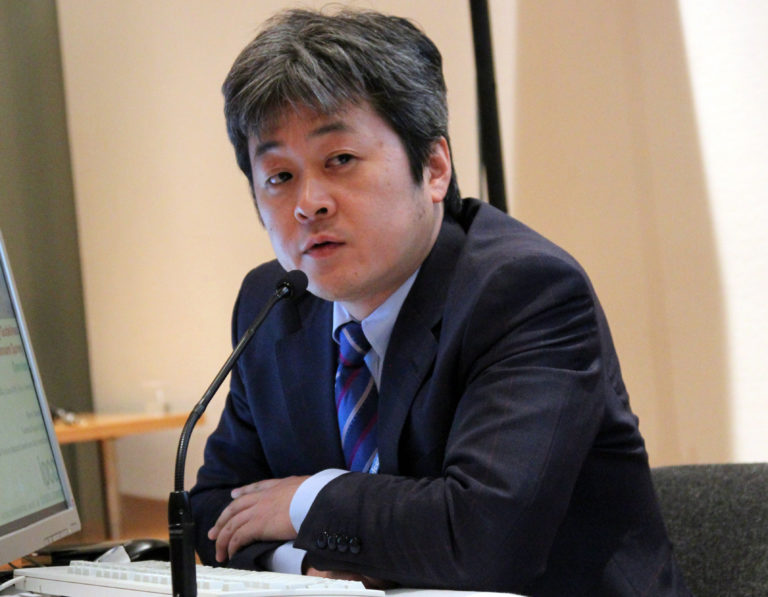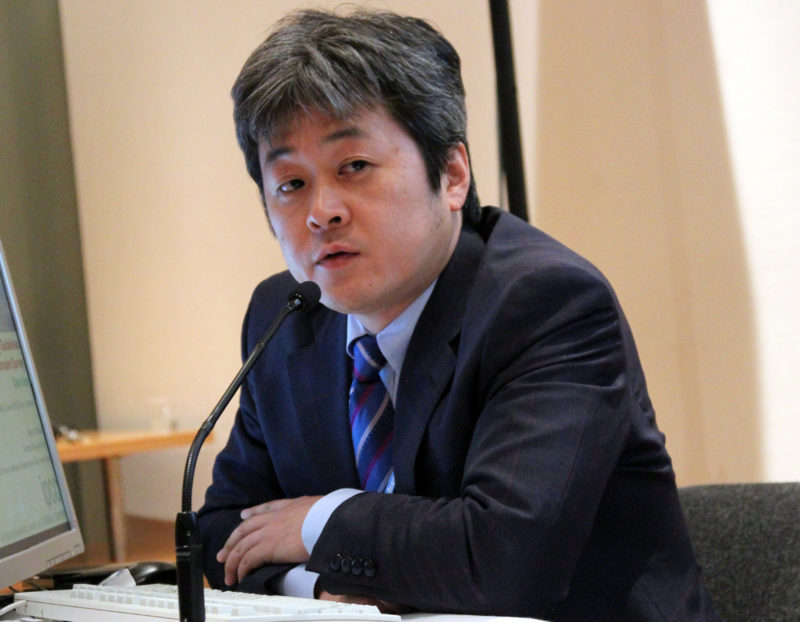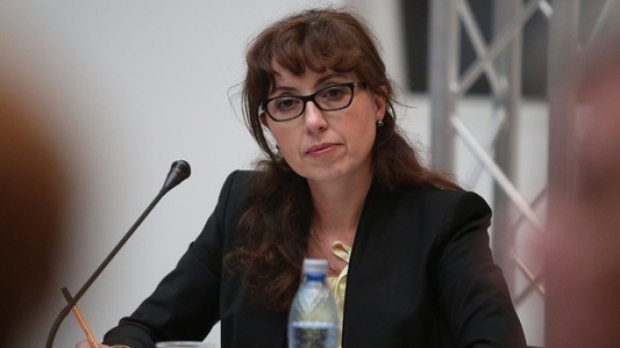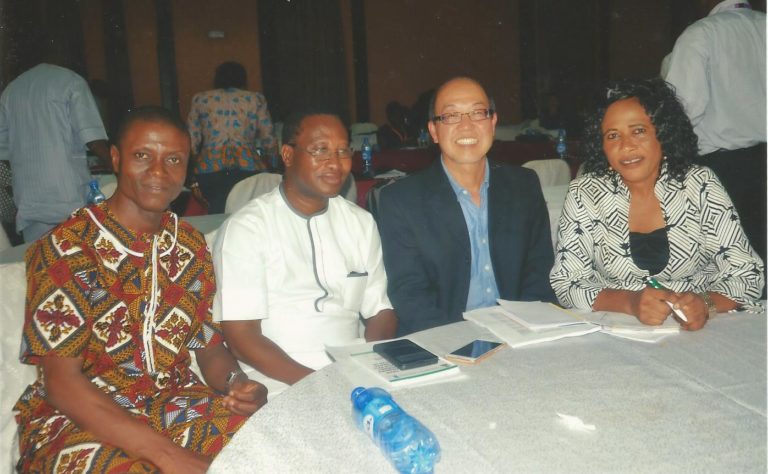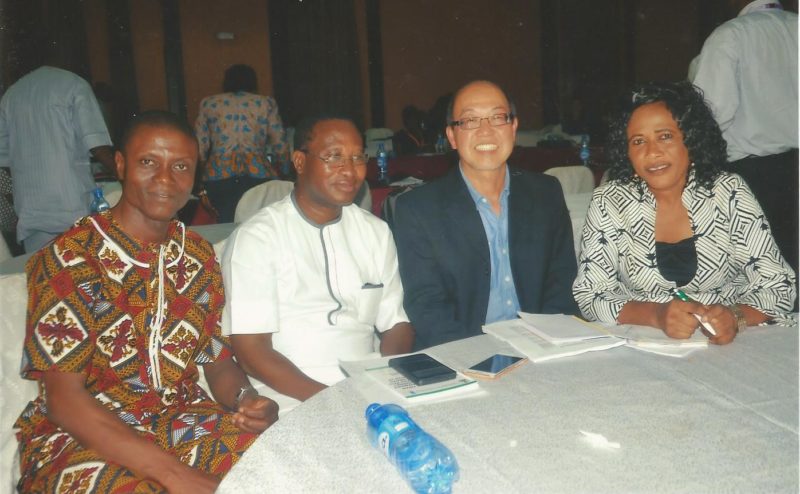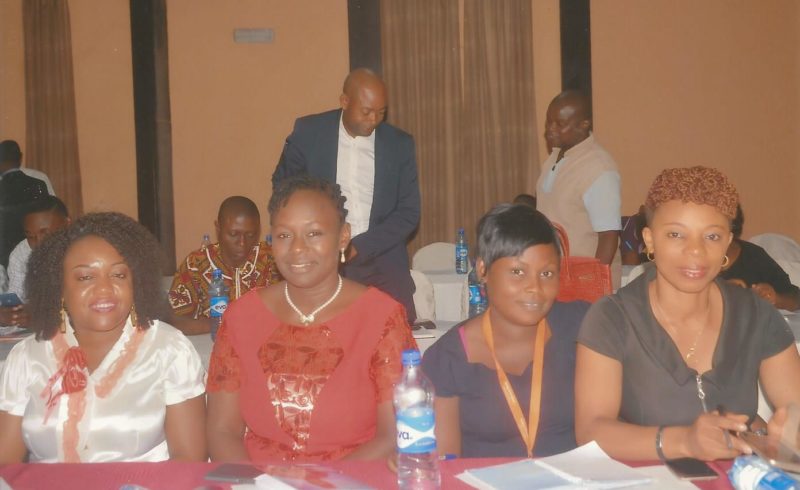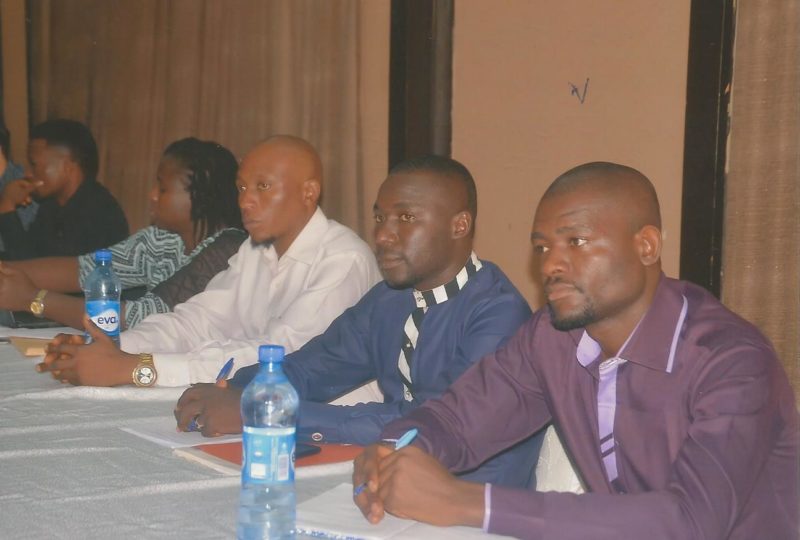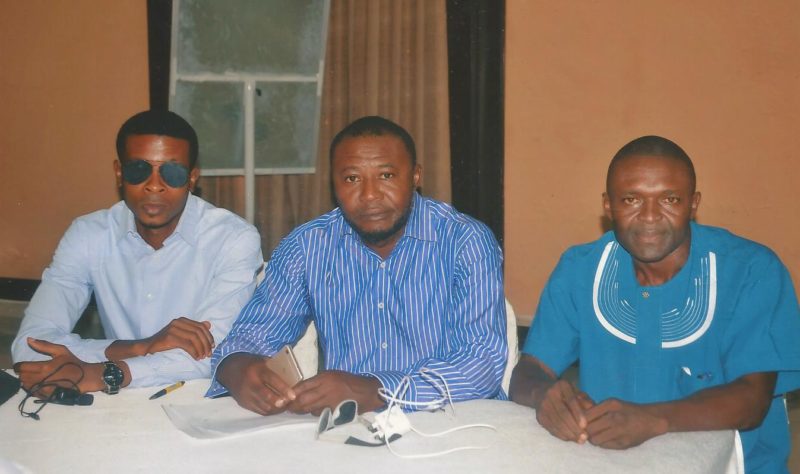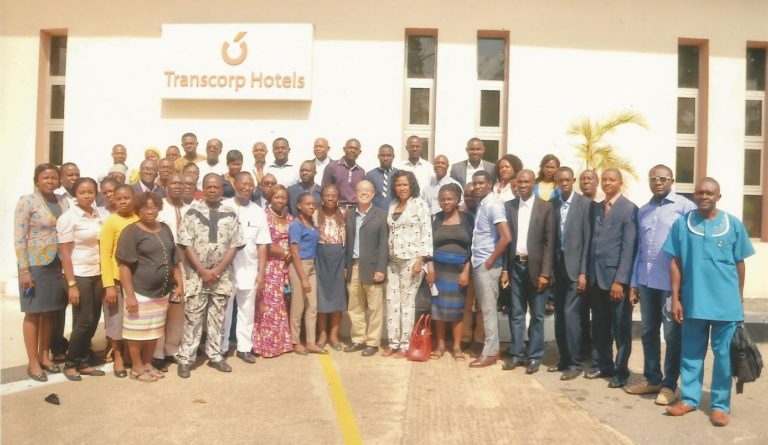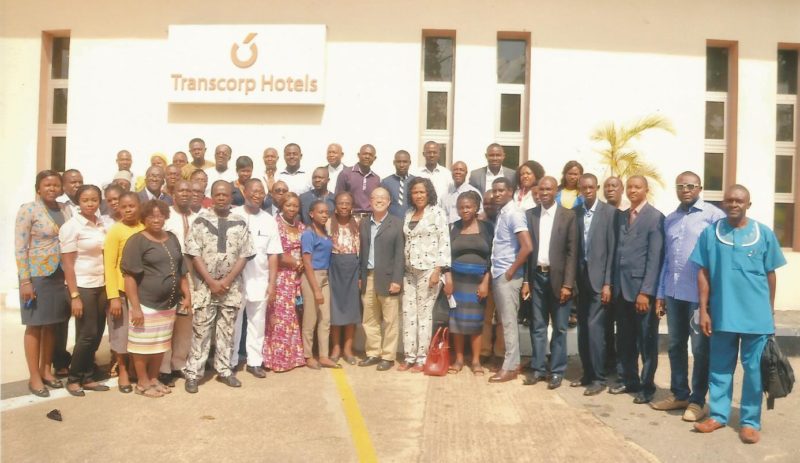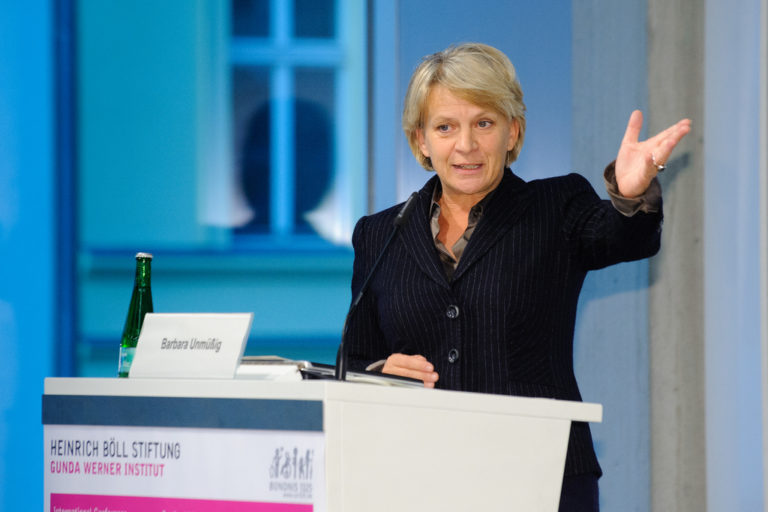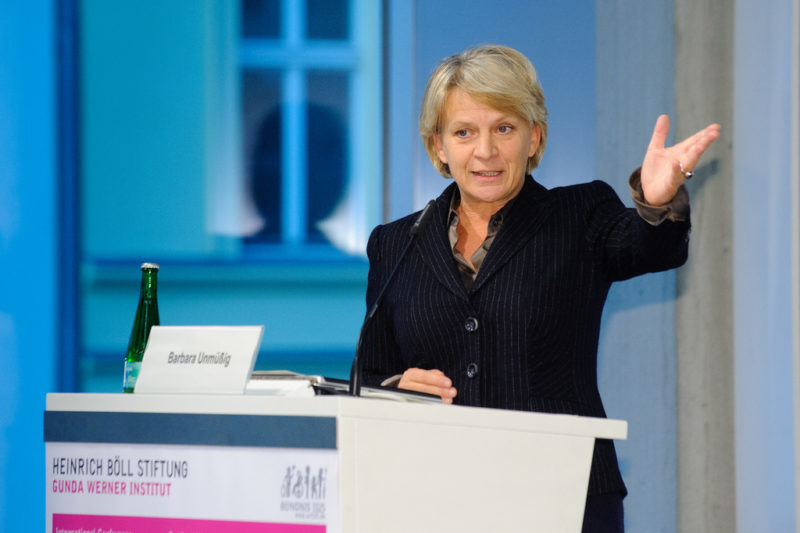The Benin City, Edo State-based Health of Mother Earth Foundation (HOMEF) held a Forest Town Hall Meeting on Monday, June 5, 2017 in commemoration of World Environment Day in Abuja. The meeting was attended by about 150 people, including representatives from forest communities, civil society organisations (CSOs), government and the media. At the meeting, it was resolved that the organisation and its partners would continue to demand for justice for the environment and communities.
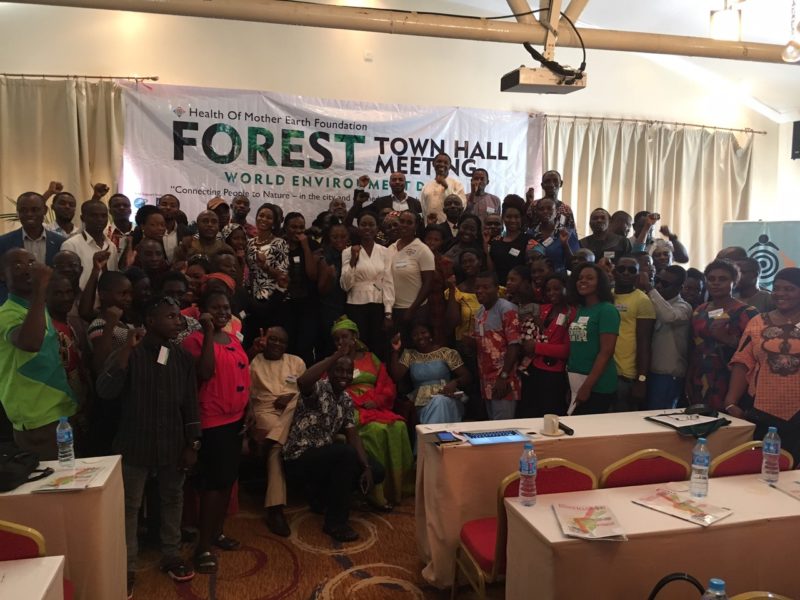
Officials listed the outcomes to include:
Clarification of the Funding Source of Ekuri Community Forest
The following questions needs to be answered clearly and transparently: where are the funds for the Ekuri Superhighway coming from, what are the conditions attached to the funds and what are the implications for the economic autonomy of the community and state?
Community Sensitisation, Mobilisation and Empowerment
Any successful community effort will require proper sensitisation, mobilisation and empowerment. The entry protocol will include identification of the power structures in the community, individually sensitise the opinion leaders, organise collective community dialogues and connect the community with resources to exercise their human rights provided according to the law. This will enable the community negotiate appropriate compensations, where necessary.
Land Belongs to the People
A key bone of contention in environmental issues comes about from the lack of clarity (or wrong awareness) of the ownership of land. It was brought to light that land belongs to the people, according to combined interpretation of the Land Use Act as well as the Constitution of Nigeria. The government is a “keeper” of the land and cannot carry out activities that will infringe on the rights of the people, without their consent.
Regard for the Forest
The forest is more than a collection of trees. The town hall meeting resolved to demand a holistic regard for the forest and the intricate values it provides ecologically, socio-culturally, and economically. A plantation of trees cannot be used to replace a forest and the dependent communities that have existed for hundred of generations.
The Super Highway is Unlawful and Unwanted
The community representative expressed severally that while they are in need of good roads to serve their needs, they require a repair / upgrade of the currently existing road which was abandoned by the previous government, instead of an unjustifiable “Super Highway”.
Sustained peaceful protests and campaigns
HOMEF and all its partners believe solely in peaceful methods to creating change, including the use of all forms of media. Sustained protest and campaigns will continue to create the pressure required for the government to pay attention to the needs, voices and rights of stakeholder communities.
Community Organising
When there is a desecration of the environment, several communities suffer the impact. It is imperative for communities to come together, work in solidarity and ensure that they combine efforts to get their voices heard.

